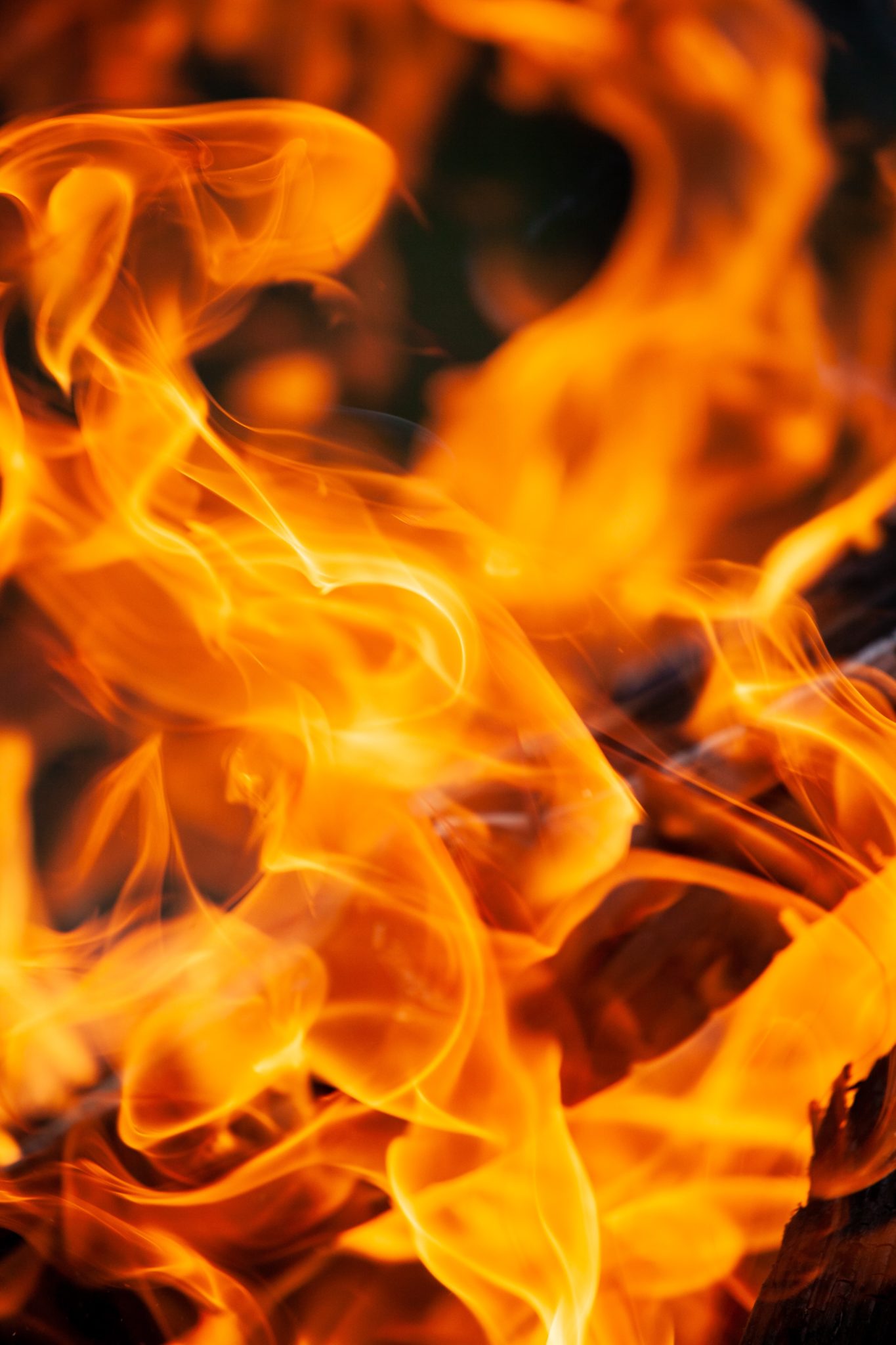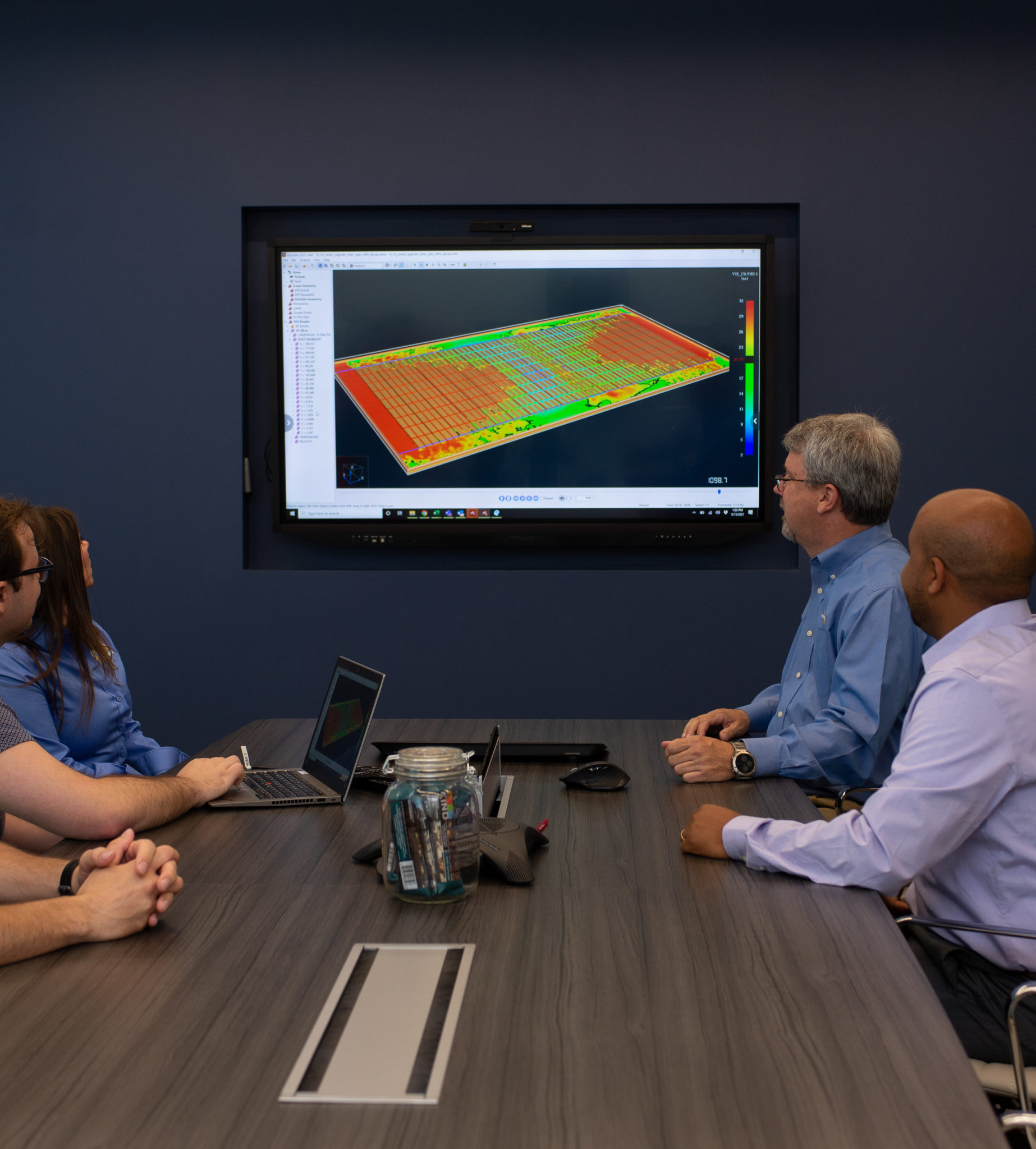ENGINEERING EXPERTISE, BACKED BY EXPERIENCE
Loss investigation is the process of performing a thorough examination of available evidence to determine the cause of a fire protection system failure, the origin and cause of a fire, and factors contributing to the spread of fire, as well as evaluate the performance of fire protection systems during a fire event, and develop opinions and conclusions based on engineering principles and sound engineering judgment backed by appropriate experience.
HGI’s Loss Investigation team stays with our clients every step of the way, performing a thorough examination of available evidence, discovering answers, and offering opinions and conclusions for next-steps. We offer a variety of loss investigation services that work together or can be contracted individually. At HGI, we maintain the goal of offering world-class services that are optimized for our client’s budget and needs.


Forensic Engineering
Many fire protection systems are complex, as are the reasons why they fail. When a fire protection system failure results in a loss, a Fire Protection Engineer is an important team member to have on your side. Harrington Group engineers have the unique technical expertise to determine the root cause of the failure and contributing factors. Our combination of technical knowledge and practical application allow us to provide our clients with direct and detailed analysis of even the most complex cases. Our capabilities include:
- Fire Sprinkler Systems
- Fire Alarm Systems
- Kitchen Suppression Systems
- Clean Agent and Inert Gas Extinguishing Systems
- High-Expansion Foam Systems
- Life Safety and Building Code Assessments
- Fire and Smoke Modeling


System Failure Analysis
When fire systems fail, a small fire event can turn into a major disaster. Determining who is responsible for the failure of the system may lead to litigation and financial recovery for incurred losses.
Our HGI experts assist clients through the process of failure analysis. We provide a logical, systematic examination of fire systems and their components to identify the probability, causes, and consequences of fire system failures. Through this assessment, our engineers develop a list of possible failures, then perform an analysis of the possible failure scenarios to determine what went wrong. Our clients often have a great deal riding on these analyses, and a lack of care can be costly in the courtroom. HGI is dedicated to thoroughness at every step.
As a building owner or tenant, when a fire occurs in your structure you need to know why it happened and who is responsible. A fire investigator would typically answer these questions by performing an origin and cause investigation. However, the typical origin and cause information may not tell you the whole story.
For instance, say that a fire starts in a computer room when a discarded cigarette ignites paper in a wastebasket. This tells the owner why the fire occurred and, possibly, who is responsible for the ignition of the fire. Let's now say that the fire totally destroyed the room and all of the contents, and the gaseous fire suppression system provided to protect the room did not operate. This presents a new question, one that a qualified Fire Protection Engineer should assist in answering - Who is responsible for the failure of the fire suppression system? The answer to this may lead to litigation and financial recovery for the loss.
This process is commonly referred to as "failure analysis". Failure analysis is defined in NFPA 921, Guide for Fire and Explosion Investigations, as a "logical, systematic examination of an item, component, assembly, or structure and its place and function within a system conducted in order to identify and analyze the probability, causes, and consequences of potential and real failures."
Using our example, our engineer would survey the gaseous suppression system and develop a list of possible failures such as system design flaws, lack of maintenance and testing, improper installation, or faulty equipment. We then preform an analysis of the possible failure scenarios in order to determine what went wrong. All possible scenarios must be discovered and analyzed, so thoroughness is an absolute necessity when conducting a failure analysis. The lack of a thorough investigation can prove to be costly in the courtroom.

Fire and Smoke Modeling
Harrington Group, Inc. has extensive experience and knowledge in fire and smoke modeling. Our expertise allows us to provide scientifically supported fire models to assist in determining the validity of a fire scenario and simulate the response of fire protection systems. In addition, we can provide extensive analysis and review of models to ensure conformance with established and outlined standard practices.


